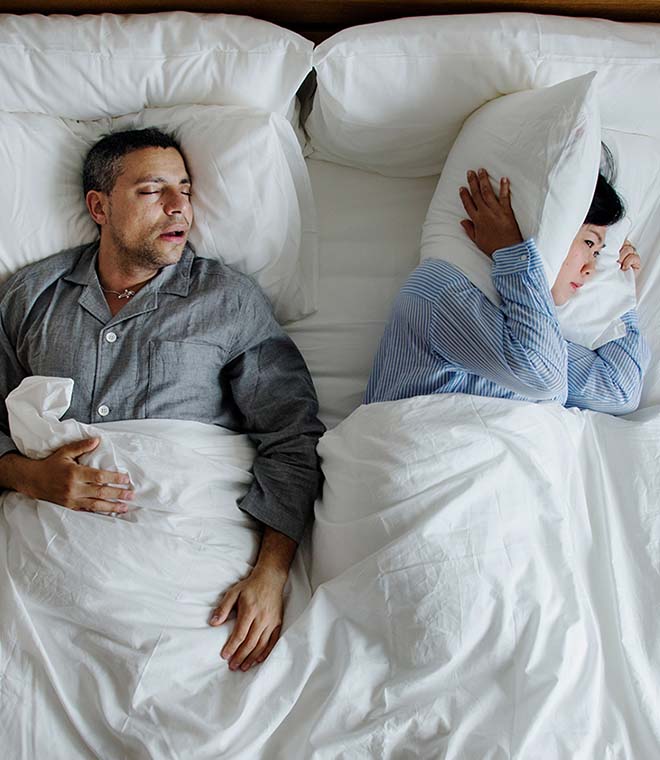Wellness
Too much sleep hurts
Updated by Julie McDaniel, MSN, RN, CRNI Mar 12, 2024 • 4 min
We all know that not sleeping enough can impact our health. A lack of sleep may cause stress, anxiety, low energy and lack of concentration. But what about sleeping too much? Is it possible to get an excessive amount of sleep, and if so, is this bad for our health?
The Centers for Disease Control and Prevention (CDC) recommends the following amount of sleep per night:
Age |
Recommended hours of sleep per night |
Newborn |
14 to 17 |
Preschool-age children |
10 to 13 |
School-age children |
9 to 12 |
Teenagers |
8 to 10 |
Adults and older adults |
7 to 9 |
Sleeping too much may be the sign of an underlying condition. It can also be associated with an increased risk of certain health problems.
Why am I sleeping so much?
Everyone has different sleep needs. Some people may sleep more than others. But if you consistently sleep for more than nine hours per night or have trouble staying awake during the day, consider speaking with your healthcare provider. Some conditions increase the amount of sleep you need. These include:
- Idiopathic hypersomnia, a condition that causes excessive sleepiness for unknown reasons
- Narcolepsy, a condition that causes sudden periods of excessive daytime sleepiness
- Delayed sleep phase syndrome, a condition that causes disrupted sleep due to changes in circadian rhythm
What is sleep quality?
How long it takes to fall asleep, how many times you wake up and the total amount of time you spend awake each night are all measures of sleep quality. Poor quality sleep may leave you feeling tired and lacking energy all day, even if you spent many hours in bed. There are some health conditions that may impact the quality of your sleep. These include:
- Sleep apnea
- Restless leg syndrome
- Teeth grinding, also known as bruxism
- Chronic pain
- Some medications
Consider these tips for quality sleep:
- Stick to a regular sleep and wake time, even on weekends
- Avoid large meals, coffee, alcohol, caffeine and nicotine in the hours before bedtime
- Get regular physical activity, but don't exercise intensely within a few hours of bedtime
- Set the mood — a dark, quiet room, a cool temperature and a comfortable bed
- Keep your TV, cell phone or any other bright screen turned off
Is too much sleep bad for my health?
Some evidence suggests that regularly sleeping more than the recommended amount can impact your health, even if you do not have one of the above conditions. Excessive sleep may be associated with higher rates of depression, obesity and diabetes. While more research is needed to determine if too much sleep causes these conditions, aim for seven to nine hours of sleep per night to stay healthy. If this is difficult to achieve due to too little or too much sleep, discuss the issue with your healthcare provider.
Clinically reviewed and updated by Julie McDaniel, MSN, RN CRNI, March 2024.
Sources:
- https://www.cdc.gov/sleep/about_sleep/index.html
- https://www.hopkinsmedicine.org/health/wellness-and-prevention/oversleeping-bad-for-your-health/
- https://www.thensf.org/what-is-sleep-quality/
- https://health.clevelandclinic.org/what-you-should-know-about-the-relationship-between-oversleeping-and-depression
- https://pubmed.ncbi.nlm.nih.gov/32671413/
- https://my.clevelandclinic.org/health/body/12148-sleep-basics
- https://www.cdc.gov/sleep/about_sleep/sleep_hygiene.html
- https://www.mayoclinic.org/healthy-lifestyle/adult-health/in-depth/sleep/art-20048379



